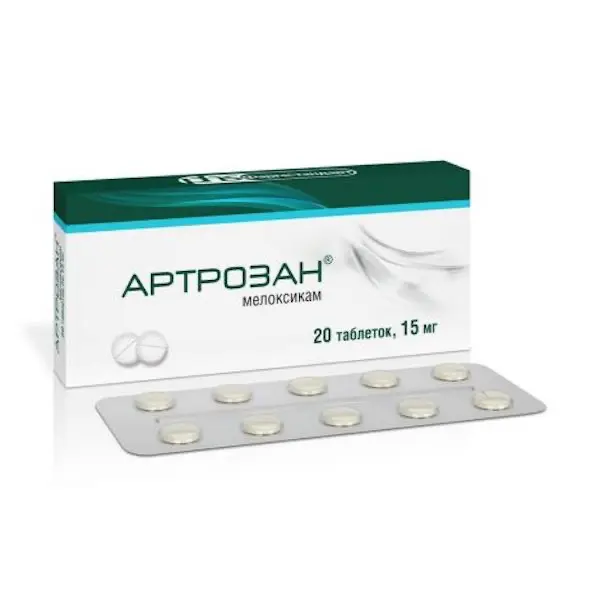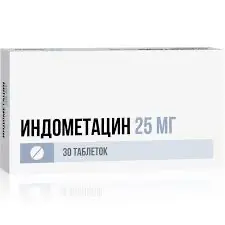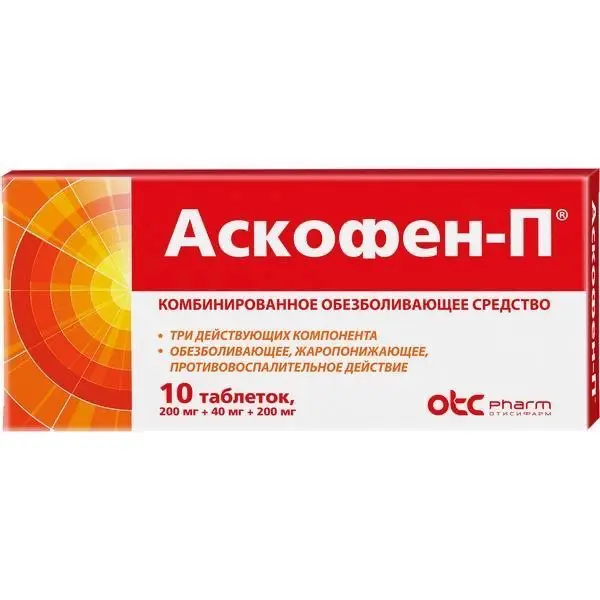Description
Dexketoprofen Pharmacodynamics
Dexetoprofen trometamol, trometamine salt of S-(+) enantiomer of propionic acid, belongs to nonsteroidal anti-inflammatory drugs (NSAIDs) and has analgesic, anti-inflammatory and antipyretic effects. The mechanism of action of dexketoprofen is associated with reduction of prostaglandin synthesis by inhibiting the activity of cyclooxygenases (COX-1 and COX-2). The drug inhibits the conversion of arachidonic acid into cyclic endoperoxides PGG2 and PGI12. which produce prostaglandins PGHL PGE2. PGF2a and PGD2, as well as irostacyclin PGI2 and thromboxanes (TxA2 and TxB2). In addition, inhibition of prostaglandin synthesis can affect other inflammatory mediators such as kinins. providing not only direct but also indirect effects.
The inhibitory effect of dexketoprofen against COX-1 and COX-2 activity has been demonstrated in laboratory animals and in humans.
Clinical studies on various clinical models of pain showed that dexketoprofen has a pronounced analgesic activity. According to studies, the analgesic effect comes in 30 minutes after taking the drug, the duration of analgesic effect is 4 – 6 hours.
Indications
Musculoskeletal pain (mild to moderate), algodysmenorrhea. toothache.
The drug is intended for symptomatic treatment, reduction of pain and inflammation at the time of application.
Contraindications
– hypersensitivity to dexketoprofen, other components of the drug and other NSAIDs;
– Complete or incomplete combination of bronchial asthma, recurrent polyposis of the nose and sinuses, and intolerance to acetylsalicylic acid or other NSAIDs. NSAIDs (including history);
– Photoallergic or phototoxic reactions when using ketoprofen or fibrates in the history;
– gastrointestinal erosive-ulcerative lesions in the acute stage;
– gastrointestinal bleeding; other active bleeding (including suspected intracranial hemorrhage);
history of gastrointestinal bleeding, ulcers, or perforations, including those associated with prior use of NSAIDs;
– chronic dyspepsia;
inflammatory bowel disease (Crohn’s disease, ulcerative colitis) in the acute stage;
– severe hepatic insufficiency (10 – 15 Child-Puo scores);
progressive renal disease: stage Xa (glomerular
filtration rate (GFR 45 -59 ml/min/1.73 m2). 36 (GFR 30-44 ml/min/1.73 m2) and 4 (GFR < 30 ml/min/1.73 m2);
period after aortocoronary bypass surgery:
severe heart failure (NYHA class 111 to IV);
hemorrhagic diathesis and other clotting disorders;
Severe dehydration (due to vomiting, diarrhea or insufficient fluid intake);
Under 18 years of age (due to lack of efficacy and safety data);
– Pregnancy and breastfeeding.
Dosage and administration
- The drug Dexketoprofen Organica is taken orally with a meal. Simultaneous intake of food slows down absorption of Dexketoprofen, therefore in case of acute pain it is recommended to take the drug at least 30 minutes before a meal.
- Depending on the intensity of the pain syndrome, the recommended dose for adults is 12.5 mg dexketoprofen (1/2 tablet of the preparation Dexketoprofen Organica) every 4-6 hours or 25 mg dexketoprofen (1 tablet of the preparation Dexketoirofen Organica) every 8 hours.
- The maximum daily dose is 75 mg.
- Dexketoprofen Organica is not intended for long-term therapy, the course of treatment with the drug should not exceed 3-5 days.
- Patients of 65 years and older
- Elderly patients should take Dexketoprofen Organica starting with the minimum recommended dose. The maximum daily dose is 50 mg. Doses recommended for the general population may be used if well tolerated.
- Patients with hepatic impairment
Patients with mild to moderate hepatic impairment should take Dexketoprofen Organica starting with the lowest recommended dose. The maximum daily dose is 50 mg. - The use of Dexketoprofen Organica in patients with severe hepatic impairment is contraindicated.
- Patients with renal failure
- Patients with mild renal insufficiency – chronic kidney disease, stage 2 (GFR 60 – 89 ml/min/1.73 m2) should take Dexketoprofen Organica from the lowest recommended dose. The maximum daily dose is 50 mg. Dexketoprofen Organica is contraindicated in patients with chronic kidney disease of Za (FFR 45 – 59 ml/min/1.73 m2), 36 (FFR 30 – 44 ml/min/1.73 m2) and 4 (FFR < 30 ml/min/1.73 m2) stages.





